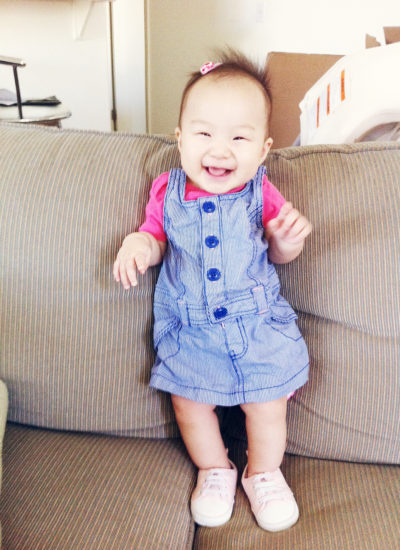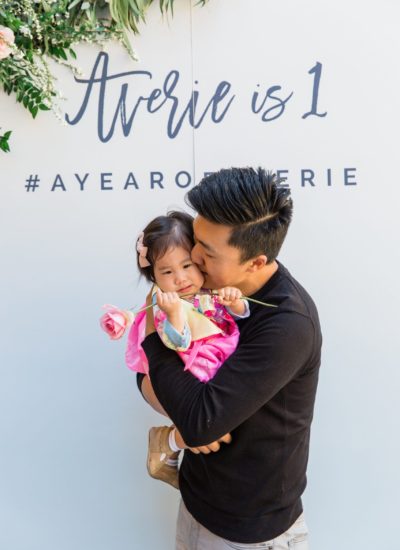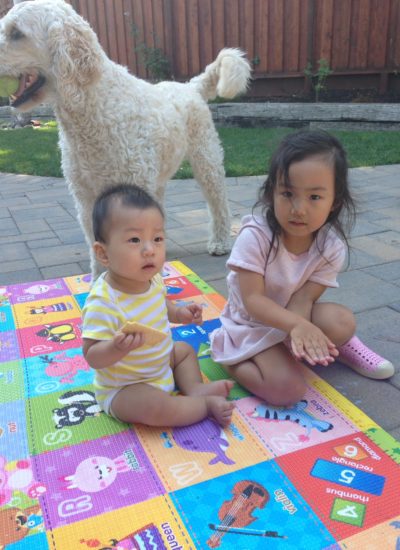It was last December, right in the midst of the holiday hustle and bustle. She was sitting across from me at my dining table with a hot cup of tea in her hands. Her face was attentive as she listened to me share about E’s autism and what God has been teaching our family through it. A sweet new friend that I’d only just met a few months before and we were both still in the stage of friendship when you’re learning about the other person and their “story”. I hadn’t had much practice in sharing my experience with strangers . For me, you either knew about our autism story from the beginning or you didn’t know it at all; not because I was against sharing but because I didn’t really have much opportunity to sit and chat with strangers or new people at length. In any case, here she was, sitting at my dining table as I began to open my heart to her. It was strangely therapeutic for me to share with someone who hadn’t known us back in pre-diagnosis days when everything was “fine”.
I started to talk about finally reaching a point of acceptance with E’s diagnosis; understanding that this was really happening and that God was giving it to us and that it was okay and yet still having off-days when I was just very sad about it all. She looked at me with a melancholy smile and commented, “Yes, but that’s the nature of grief, isn’t it? It comes in waves and sometimes, even after you think you’ve moved on, it will still find you and you’ll feel that sense of loss.”
I was stunned. Nobody had ever talked to me about E’s autism and the fact that I might be grieving. But as soon as the words left her mouth, I knew she was right. How could a parent not grieve when given a bombshell like an autism diagnosis. The day the doctors told us she fit the criteria for an autism spectrum disorder, it felt like my world imploded. My husband was so shocked that he became angry with the hospital, not knowing what to do with his emotions. E is still the same beautiful little girl she was before we knew about the autism; she’s still vibrant, happy, sweet, funny, mischievous, and full of life. But at the same time, as a parent, when you’re told something like that, you immediately recognize that there are many things that are instantly lost as well. I don’t get those funny and sweet conversations with my 3-year old where she might ask me odd questions or make outrageous comments about this and that. I don’t know what’s going on in her little mind or how her day at school went. Maybe she will eventually learn how to communicate those things, but then I don’t know if she’ll ever be able to attend school normally or make friends. Of course, I know autism is not a death sentence and there are many who live fulfilling lives and even consider their autism something to be valued. I know there are autistic people who function quite well in mainstream society and have friends, social lives, etc. I know these things but that doesn’t guarantee that my own autistic daughter will have those things as well. Obviously, even as a parent of a typically developing child, nothing is ever guaranteed but it’s so much easier to dream about shopping for a prom dress or wedding dress with her someday when you don’t have autism to think about as well. I hope you understand what I’m trying to say with this. I still have dreams for her and hopes for her, she’s still my precious baby girl; but in a certain way, the dreams and hopes have now been changed slightly, or at the very least they now come with an extra twist thrown in. There’s grief in that. The things I thought about when I was pregnant with her or rocking her through middle of the night nursing sessions are not the same things that consume my thoughts now. My friends who were pregnant at the same time as me now have kids who are the same age as E and it’d be a lie if I said I never look at those children and see the differences between my child and them. It’d be a lie if I said I never look at those kids and wonder what E would be like without the autism. Would she be chasing after them and running around all together instead of playing off in the corner of the sandbox by herself? Would the other kids be more interested in her and eager to play with her than they are now if she were able to reciprocate the enthusiasm and attention?
Though the grief isn’t pervasive in my everyday life, it still sneaks up on me once in awhile and the most unassuming things will trigger it. And, I think that’s okay. I still say I’m joyful for the work that God is doing in our lives and I still proclaim that He is good. But I think it’s okay that while I’m joyful, sometimes I’m sad because my daughter having autism isn’t a happy thing! It’s not a thing that I wanted or wished for. I think there’s a biblical place for mourning the losses while still praising God through the tears and heartache.




Leave a Reply